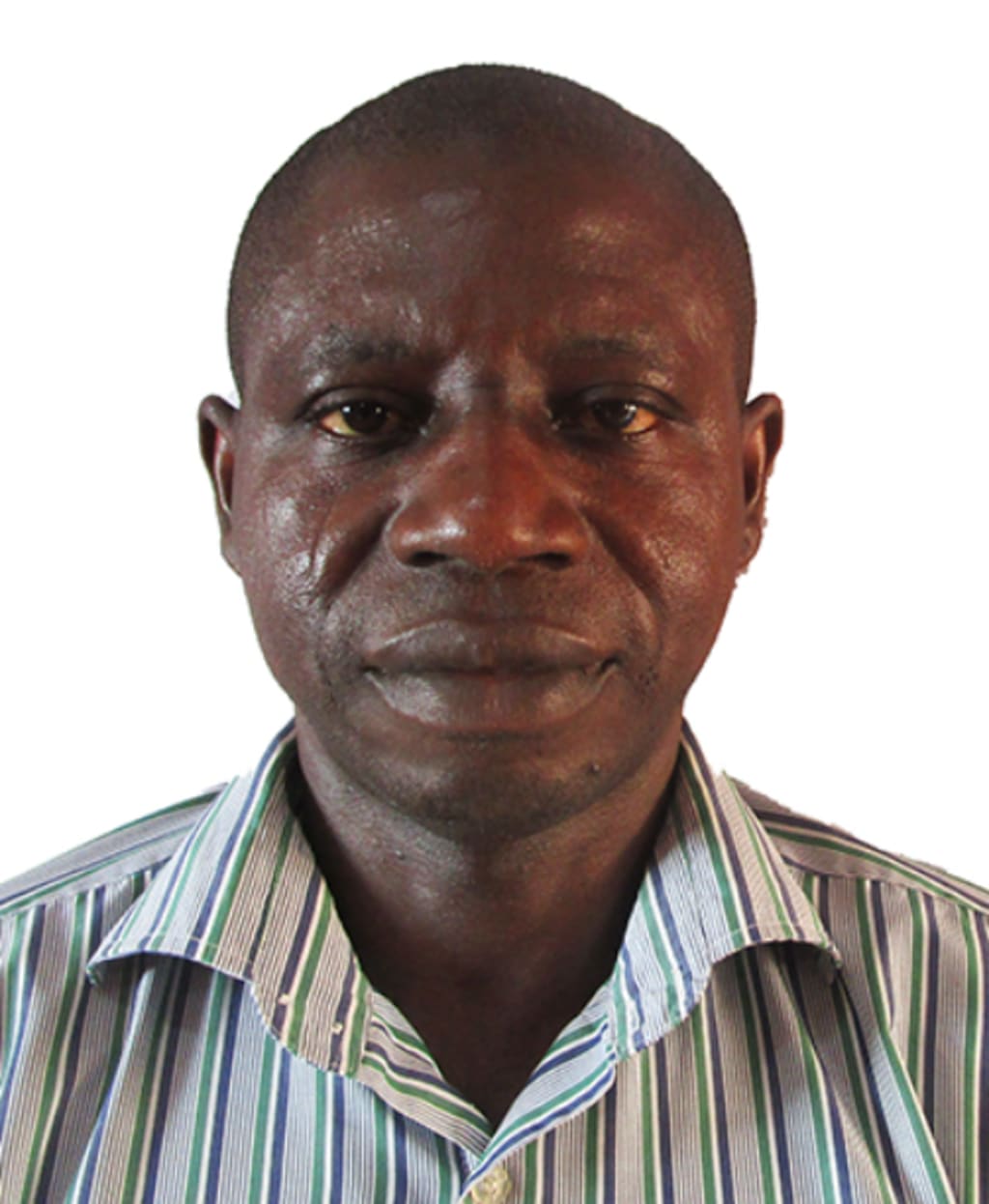Social Justice and Equality 8
Challenging Gender Stereotypes: Building an Inclusive Society

Introduction
Microaggressions are subtle, often unintentional, forms of discrimination that have a profound impact on marginalized individuals. Understanding and addressing these microaggressions is essential for building a more inclusive society. This article explores the concept of microaggressions, their harmful effects, and the importance of fostering awareness and empathy. Drawing inspiration from real-life examples, we embark on a journey to unravel the complexities of microaggressions, challenge biases, and promote a more equitable and respectful world.
Defining Microaggressions
Microaggressions are everyday verbal, nonverbal, or environmental slights and indignities that communicate negative messages to marginalized individuals based on their race, gender, sexual orientation, or other social identities. These seemingly small acts can accumulate over time, eroding a person's well-being and sense of belonging. Understanding the nature and impact of microaggressions is crucial for fostering empathy and creating an inclusive environment.
Example: A person of Asian descent being asked, "Where are you really from?" perpetuates the stereotype that they are perpetual foreigners, highlighting the microaggression of "othering."
Types of Microaggressions
Microaggressions can take various forms, including microassaults (explicit acts of discrimination), microinsults (subtle insults or demeaning remarks), and microinvalidations (denying or disregarding a person's experiences). Recognizing these different types of microaggressions is essential for challenging and addressing them effectively.
Example: A heterosexual couple expressing surprise when a person casually mentions their same-sex partner is an example of a microinsult, suggesting that heterosexuality is the norm and same-sex relationships are unexpected.
The Impact of Microaggressions
Microaggressions have a profound impact on individuals' well-being, mental health, and sense of belonging. They contribute to the daily stress experienced by marginalized communities and can lead to decreased self-esteem, heightened anxiety, and a sense of otherness. Acknowledging the impact of microaggressions is crucial for fostering empathy and creating a safe and inclusive environment.
Example: Consistently being mistaken for someone else from the same racial background can make an individual feel invisible and reinforce harmful stereotypes.
Unconscious Bias and Microaggressions
Unconscious bias plays a significant role in perpetuating microaggressions. These biases are deeply ingrained stereotypes and attitudes that influence our actions and perceptions without our conscious awareness. Understanding how unconscious bias contributes to microaggressions is essential for challenging these subtle forms of discrimination and promoting a more equitable society.
Example: Assuming that a person with a disability needs assistance without their request reinforces the stereotype of disability as weakness, ignoring their autonomy and capabilities.
Intersectionality and Microaggressions
Intersectionality emphasizes the interconnected nature of social identities and experiences. Microaggressions can intersect and compound the discrimination experienced by individuals who hold multiple marginalized identities. Recognizing and addressing these intersectional microaggressions is crucial for creating an inclusive environment that respects the diverse experiences of individuals.
Example: A queer woman of color facing both racial and LGBTQ+ microaggressions may experience unique challenges that are not adequately addressed by focusing solely on one aspect of her identity.
Building Awareness and Empathy
Building awareness and empathy is essential for combating microaggressions. By educating ourselves about different cultures, histories, and experiences, we can develop empathy and challenge our own biases. Actively listening to marginalized voices, seeking understanding, and engaging in open conversations create space for empathy and growth.
Example: Participating in workshops or trainings that focus on recognizing and addressing microaggressions can help individuals develop awareness and empathy.
Creating Inclusive Environments
Creating inclusive environments requires a collective effort. Organizations, educational institutions, and communities must actively address microaggressions by implementing policies and practices that foster diversity, equity, and inclusion. This includes promoting cultural competency, providing training and resources, and establishing clear protocols for addressing and rectifying microaggressions.
Example: Universities and workplaces implementing reporting mechanisms for microaggressions provide avenues for individuals to seek support and address harmful behaviors.
Allyship and Interrupting Microaggressions
Being an ally involves actively challenging microaggressions when we witness them. Allies can support marginalized individuals by using their privilege to amplify their voices, interrupting microaggressions, and creating space for dialogue and education. Taking a stand against microaggressions contributes to a more inclusive and respectful society.
Example: Calling out a sexist joke or stereotype in a social setting helps disrupt the normalization of harmful attitudes and behaviors.
Conclusion
Understanding and addressing microaggressions is a vital step towards building an inclusive society that respects the dignity and experiences of all individuals. By recognizing the impact of microaggressions, fostering awareness and empathy, challenging unconscious biases, and creating inclusive environments, we can dismantle the subtle forms of discrimination that hinder progress towards equality. Let us embark on this transformative journey, inspired by real-life examples and driven by the vision of a world where microaggressions are no longer tolerated, and everyone can thrive authentically, free from the burden of discrimination.
About the Creator
Joshua Amoka Ajayi
Passionate soap maker, travel agent&writer on a mission to blend art and adventure. With a background in Mathematics and Statistics, I believe in God and the power of hard work. Let's explore, connect, and create beautiful memories together
Enjoyed the story? Support the Creator.
Subscribe for free to receive all their stories in your feed. You could also pledge your support or give them a one-off tip, letting them know you appreciate their work.





Comments (1)
Great job